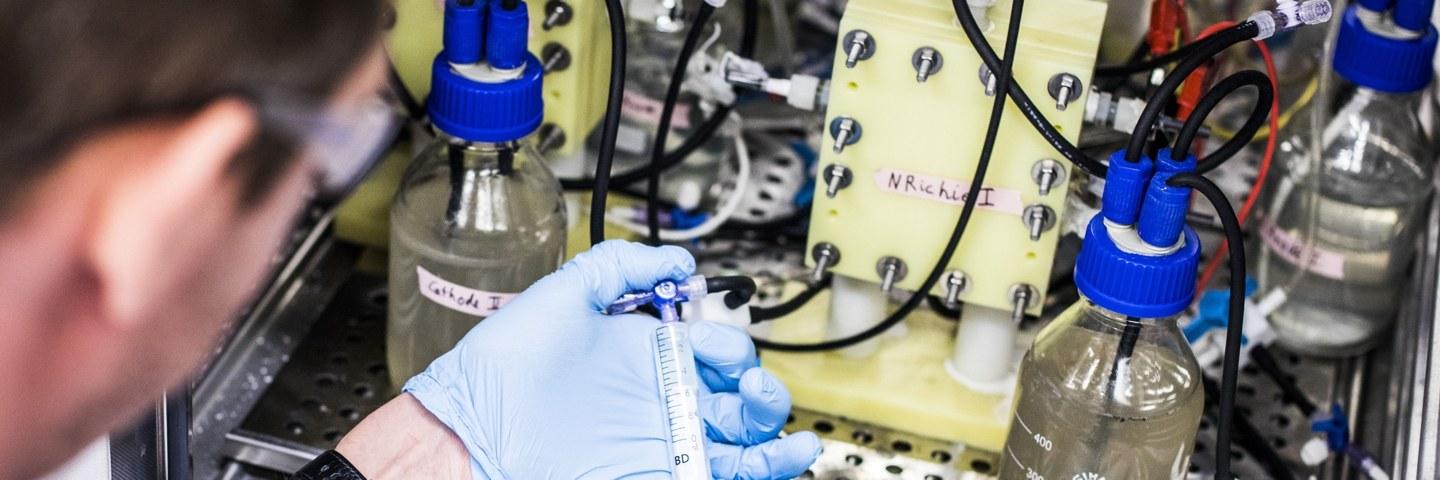Food industry uses flavour additives to enhance the sensory experience associated with the existing qualities of food. The industrial flavour additive production is made by chemical synthesis and natural resources extraction. Thus, the current flavour additive market is generating great environmental impacts due to addition of fossil feedstocks and low substrate selectivity.
Electro-fermentation converts energy-rich organic compounds into high-value chemicals and fuels with living microorganisms. In electro-fermentation, electrodes work as an electron source or sink, and electrons can be mobilized between the electrode and the microorganism with the addition of electron shuttles. One focus of this doctoral thesis is to use anodic electro-fermentation to drive anoxic metabolism of Bacillus subtilis, and thereby enhance anaerobic production of acetoin and 2,3-butanediol.
People
Marika Kokko
Professor, bio- ja kiertotalous Marika Kokko
Marika Kokko